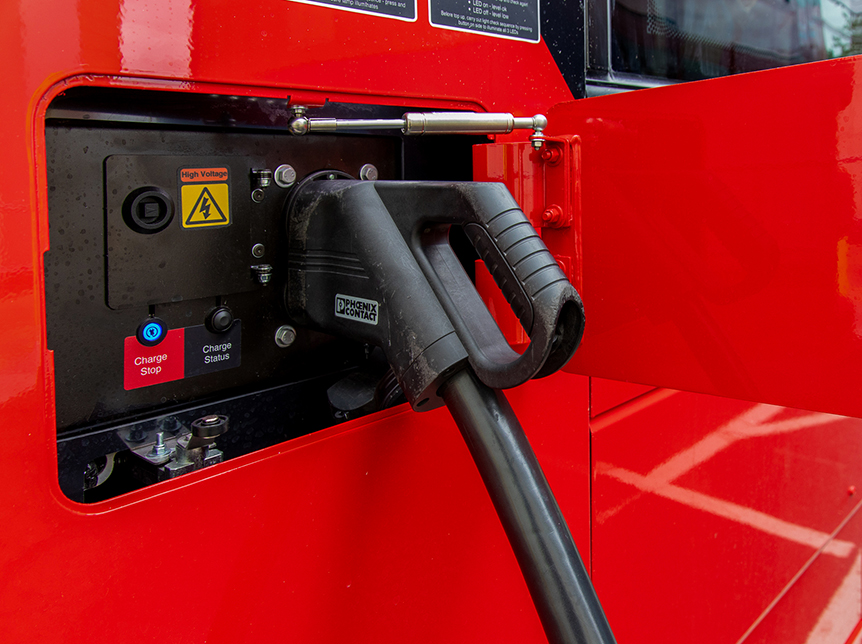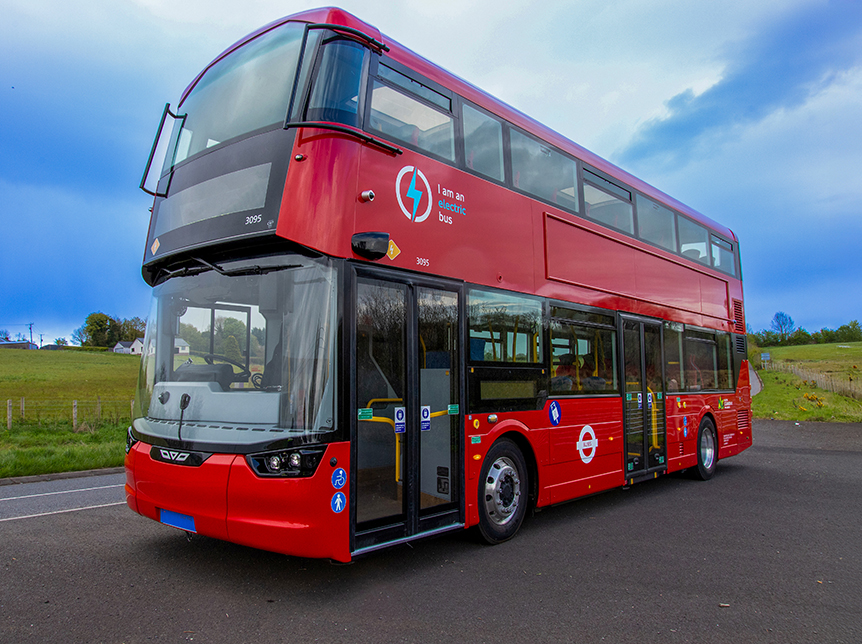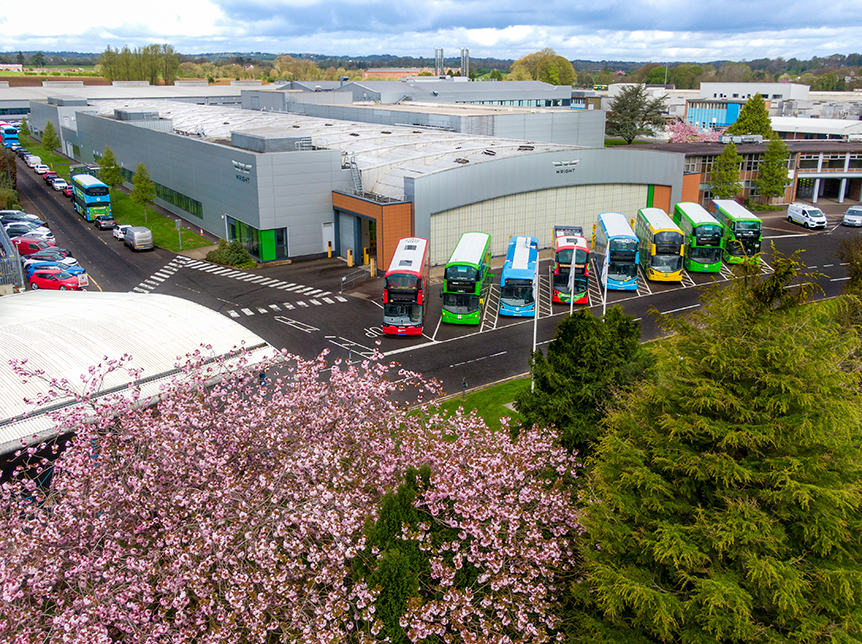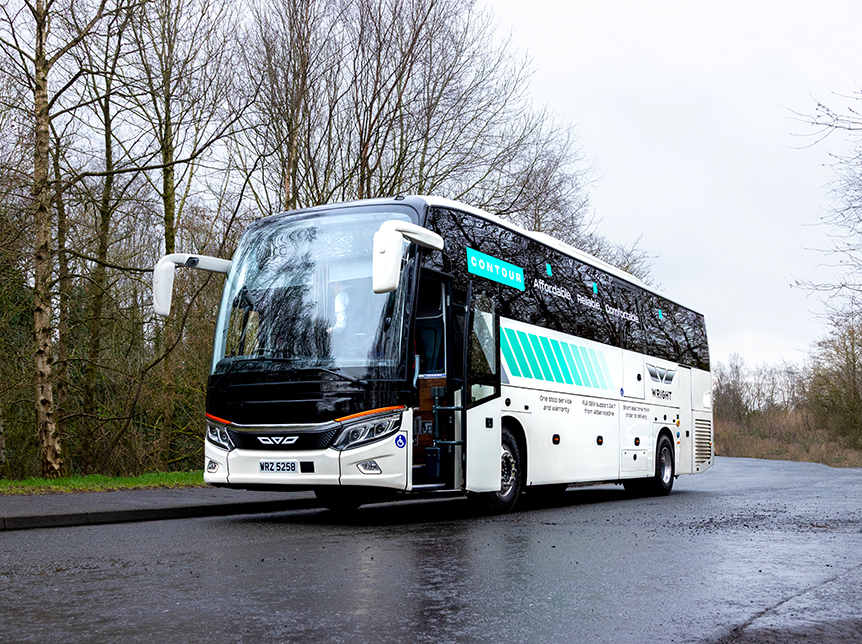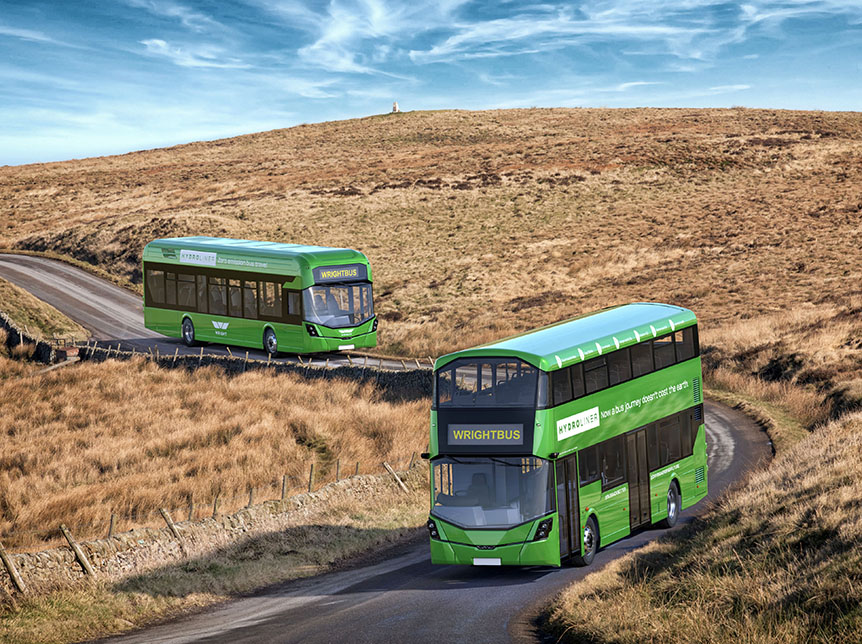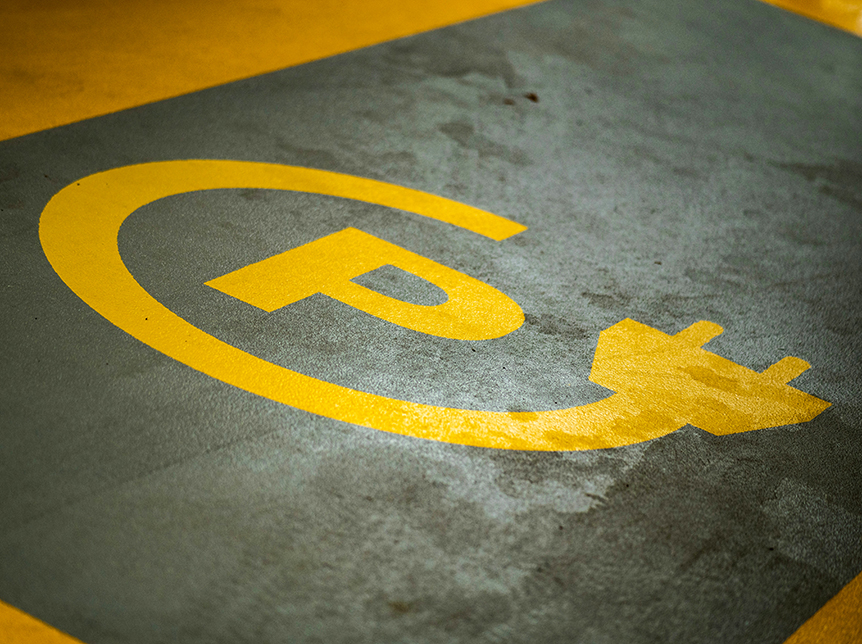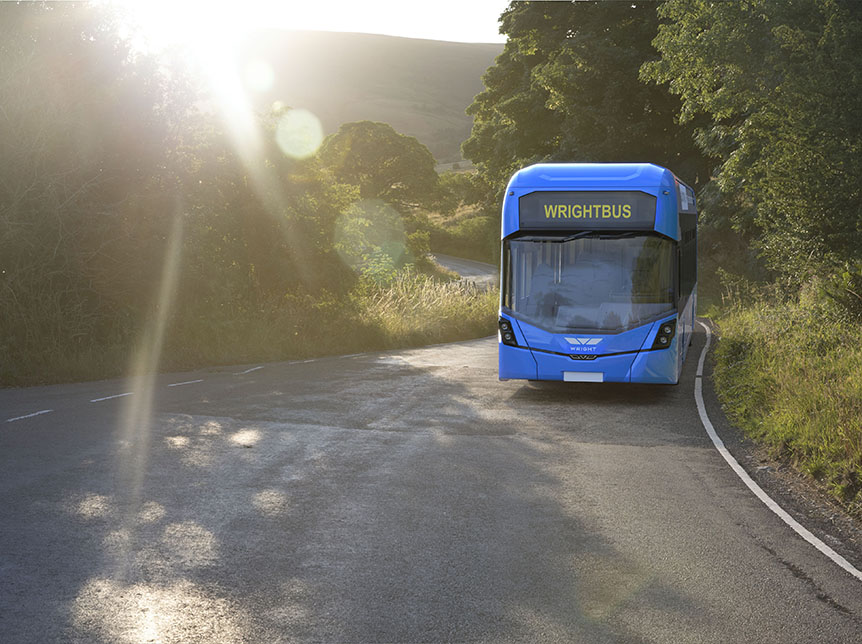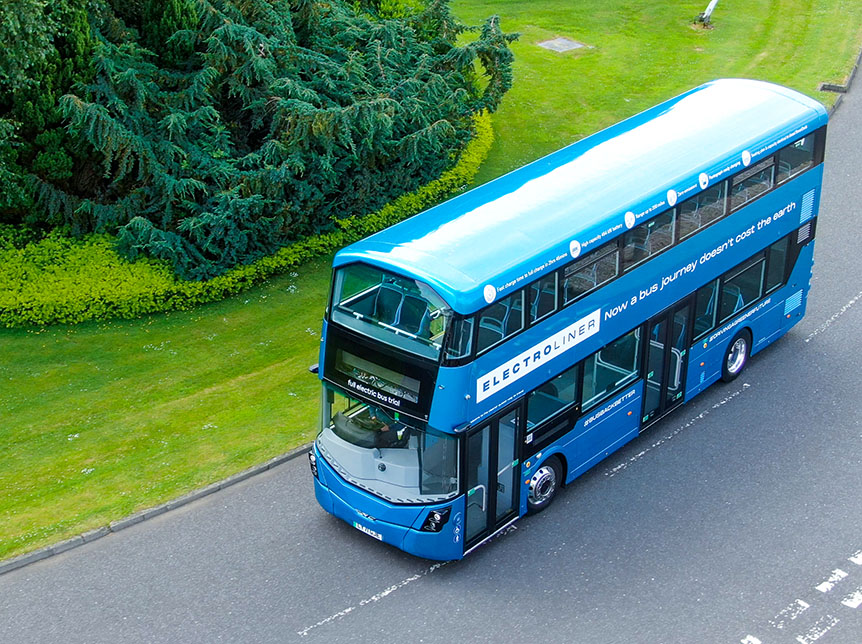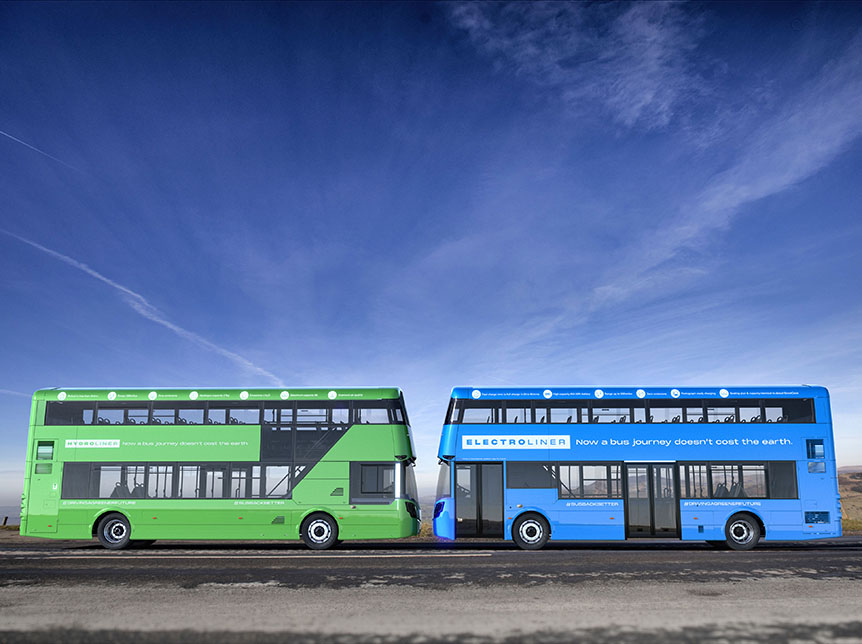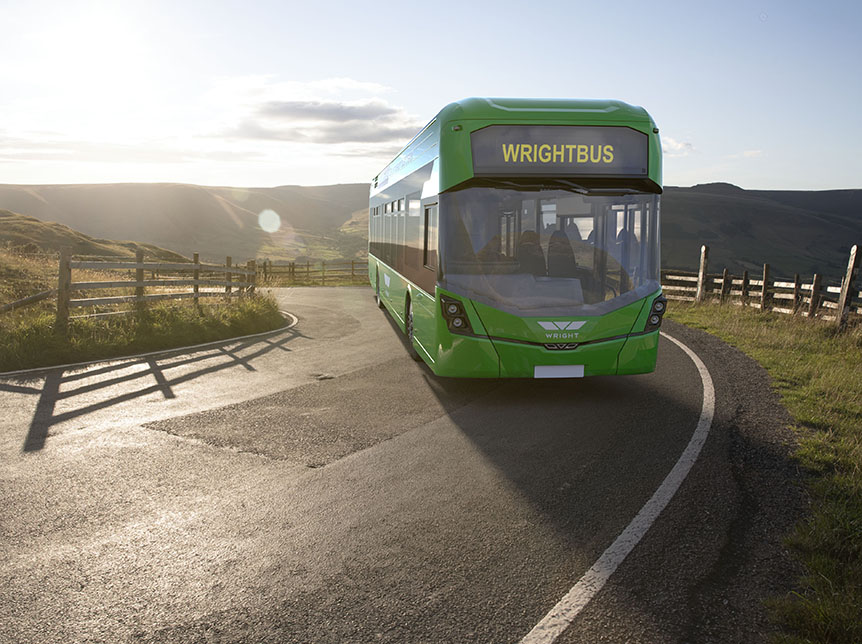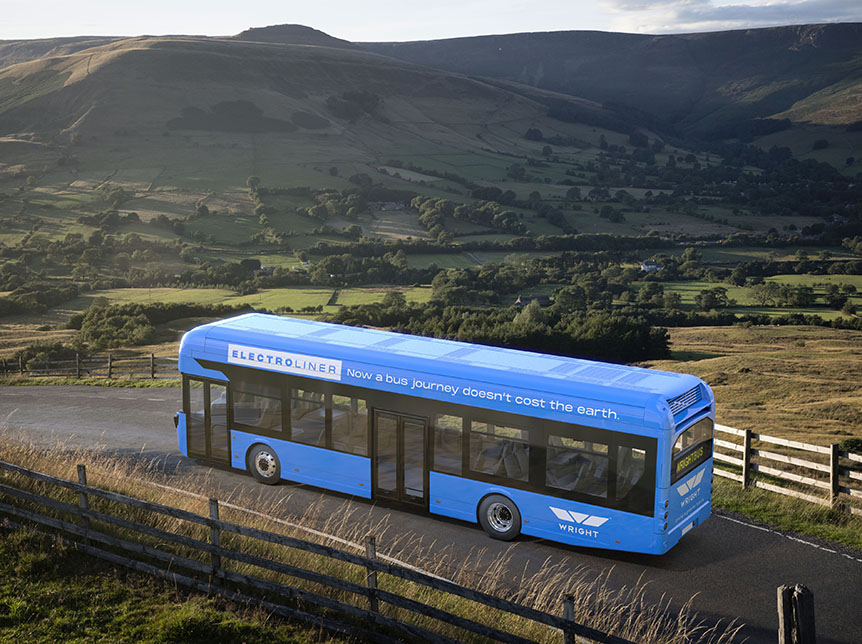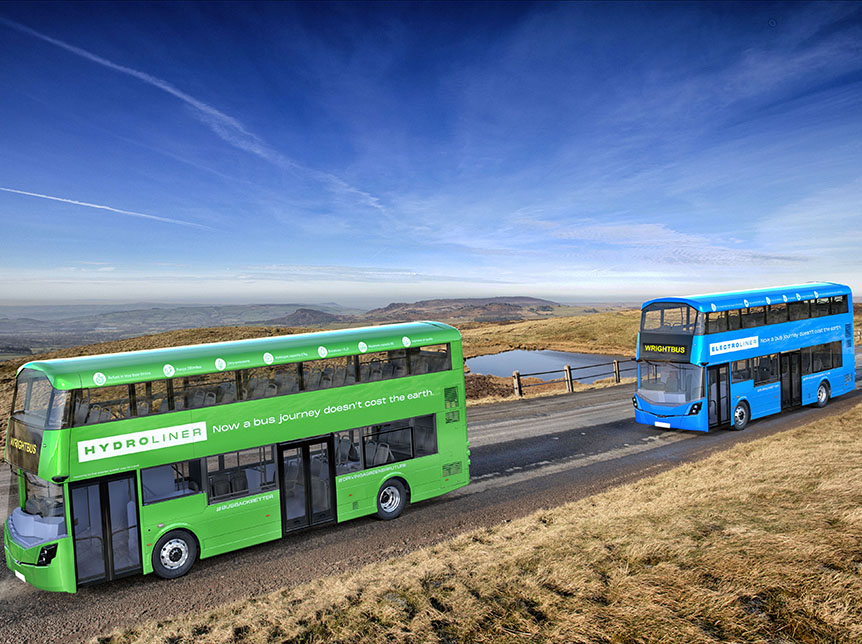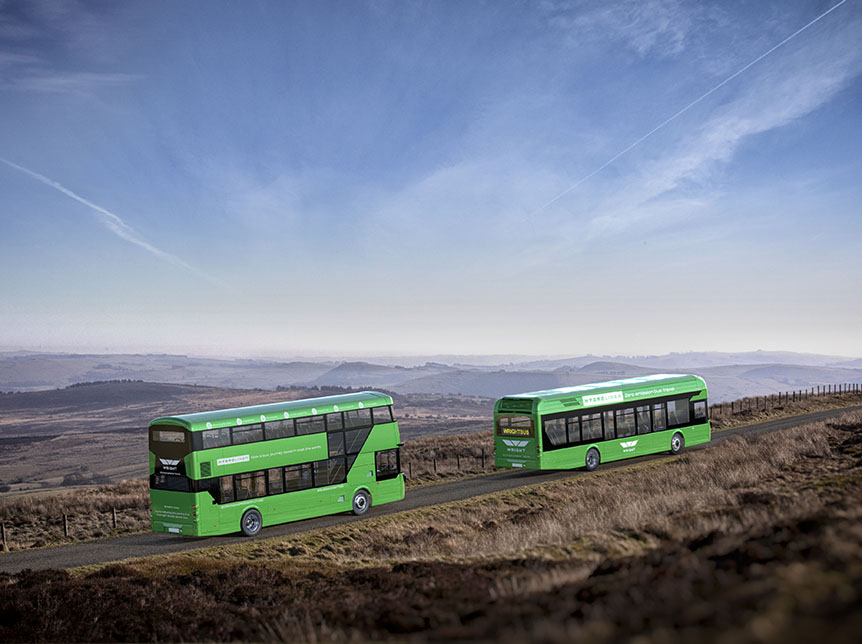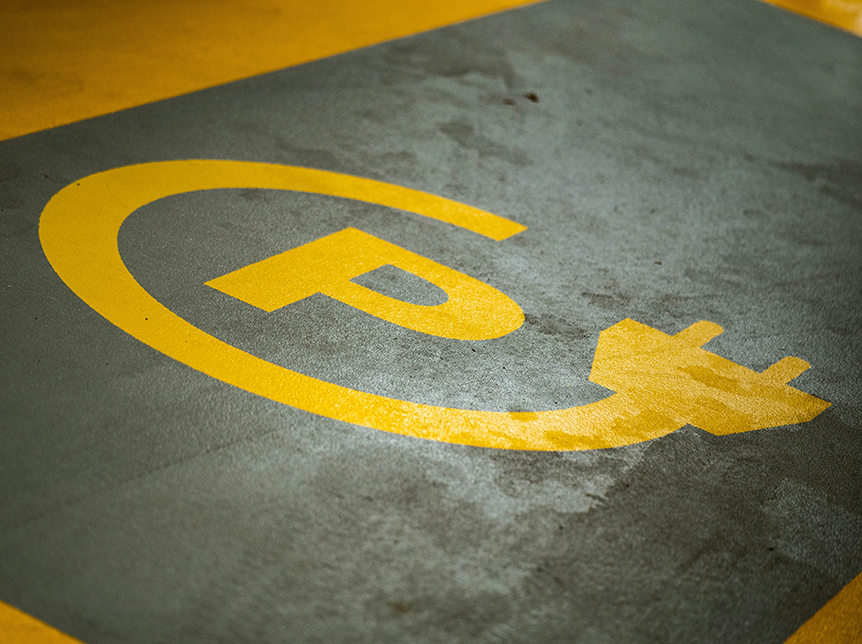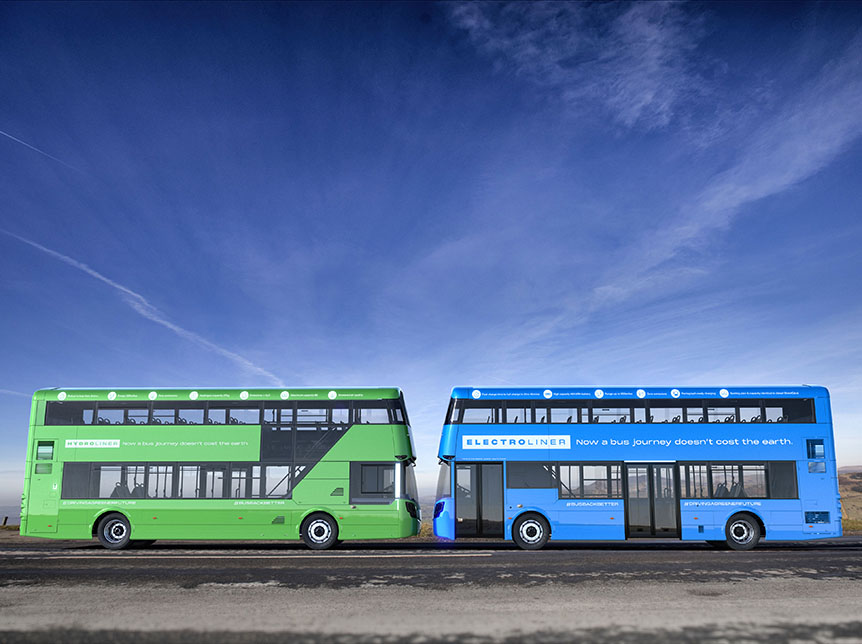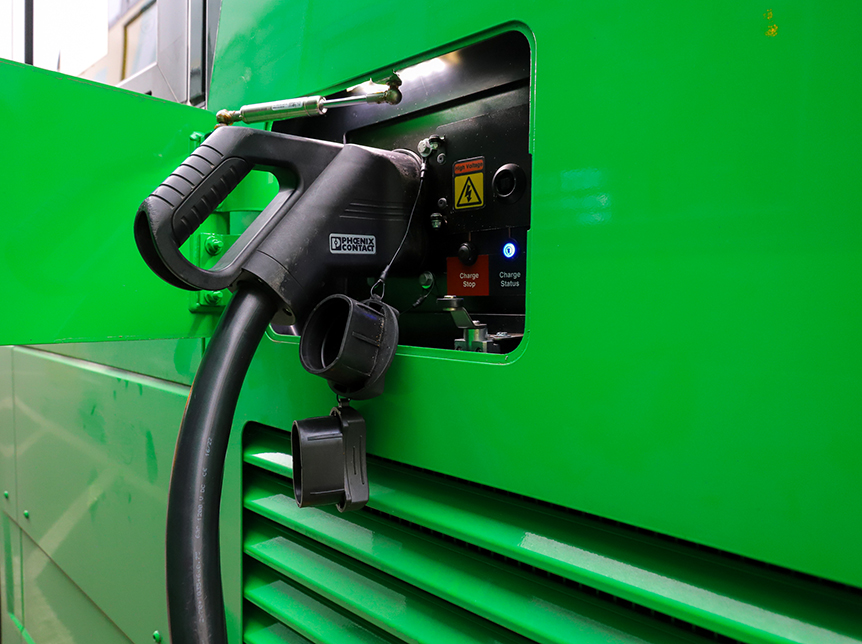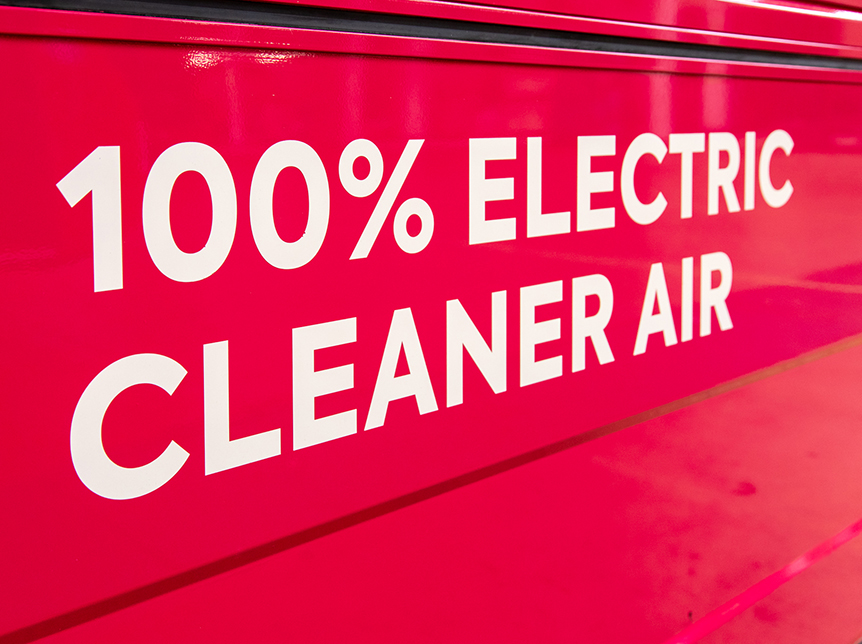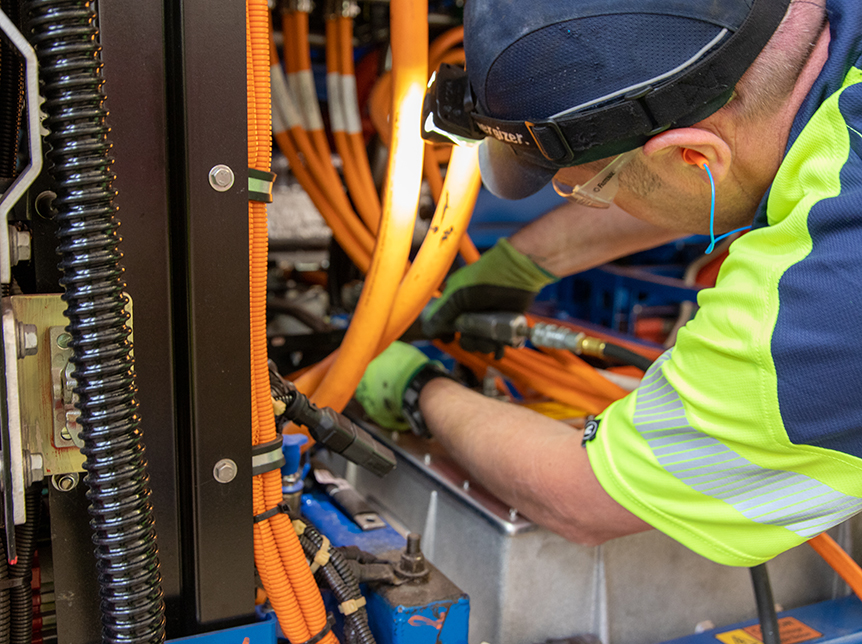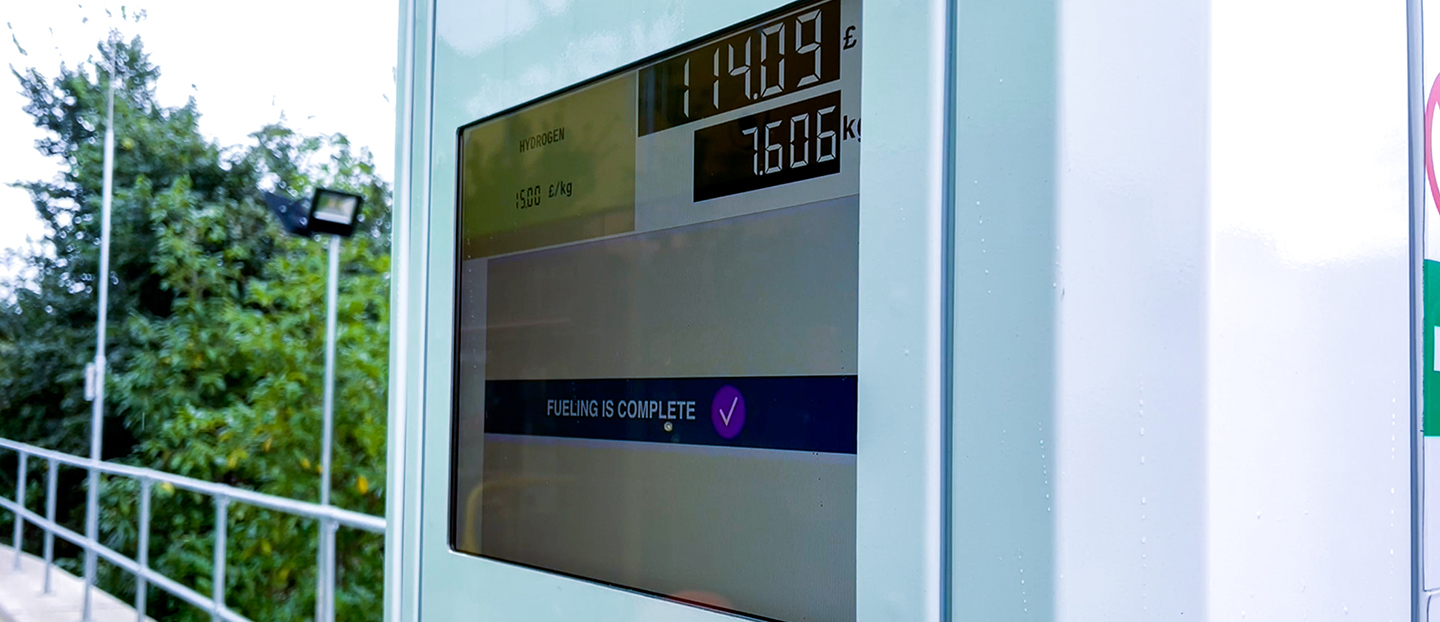
Hydrogen fuel cell vehicles (FCEVs) represent an innovative approach to clean transportation, offering zero-emission driving without relying on traditional fossil fuels. However, the adoption of FCEVs has been limited by various factors, including the cost of production and infrastructure development.
One of the primary cost considerations for hydrogen fuel cell vehicles is the production of hydrogen itself. While hydrogen is abundant, extracting and refining it for use in fuel cells can be energy-intensive and costly. Additionally, the infrastructure required to produce, store, and distribute hydrogen fuel adds to the overall expense.
Compared to conventional internal combustion engine vehicles and even battery electric vehicles (BEVs), FCEVs have historically been more expensive to manufacture. The complex technology involved in fuel cells, which convert hydrogen into electricity to power the vehicle's motor, contributes to higher production costs.
Another significant cost factor is the manufacturing of fuel cell stacks, which are the heart of hydrogen fuel cell vehicles. These stacks consist of numerous individual fuel cells arranged in series to generate the necessary power. Developing and producing these stacks to meet performance and durability standards adds to the overall expense of FCEVs.
However, it's worth noting that advancements in technology and economies of scale are gradually driving down the cost of fuel cell vehicles. Manufacturers are investing in research and development to improve efficiency, reduce materials costs, and streamline production processes.
Furthermore, government incentives and subsidies aimed at promoting clean transportation and reducing greenhouse gas emissions can help offset the initial purchase price of FCEVs for consumers. In regions where hydrogen infrastructure is more developed, such incentives may be more prevalent, making FCEVs a more financially viable option.
Despite these challenges, proponents of hydrogen fuel cell vehicles remain optimistic about their long-term cost competitiveness. As production volumes increase, economies of scale are expected to drive down manufacturing costs, making FCEVs more accessible to a broader range of consumers.
In conclusion, while the cost of fuel cell vehicles, particularlyhydrogen fuel cell vehicles, has historically been higher compared to traditional gasoline-powered vehicles and battery electric vehicles, ongoing technological advancements and supportive government policies are expected to make FCEVs more affordable in the future.
Read more
Single Decker Electric Buses: Paving the Way for Sustainable Public Transport
Read onThe Double Decker Electric Buses: Revolutionizing Urban Transportation
Read onElectric Buses and Hydrogen Vehicles: Driving the Future of Sustainable Transportation
Read onHybrid Buses: The Future of Sustainable Double Decker Transportation
Read onThe Future of Public Transit: Single Decker Buses and Hydrogen Fuel Cell Vehicles
Read onExploring the Future of Transportation: Battery Electric Vehicles and Double Decker Buses
Read onNavigating Urban Landscapes: The Versatility of Single Deck Buses and Double Deck Buses
Read onLondon's Bendy Bus Legacy and the Innovation of London Electric Vehicle Company
Read onPioneering Zero-Emission Transport: The Rise of Electric Bus Companies in the UK
Read onEmbracing Tomorrow's Roads: Zero-Emission vs. Battery Electric Vehicles
Read onThe Perfect Blend: Exploring Hybrid Electric Vehicles and the Role of Coach Builders
Read on
Get in touch
Wrightbus has been at the forefront of transport innovation since 1946, relentlessly pushing the boundaries with its commitment to quality, style and safety.
